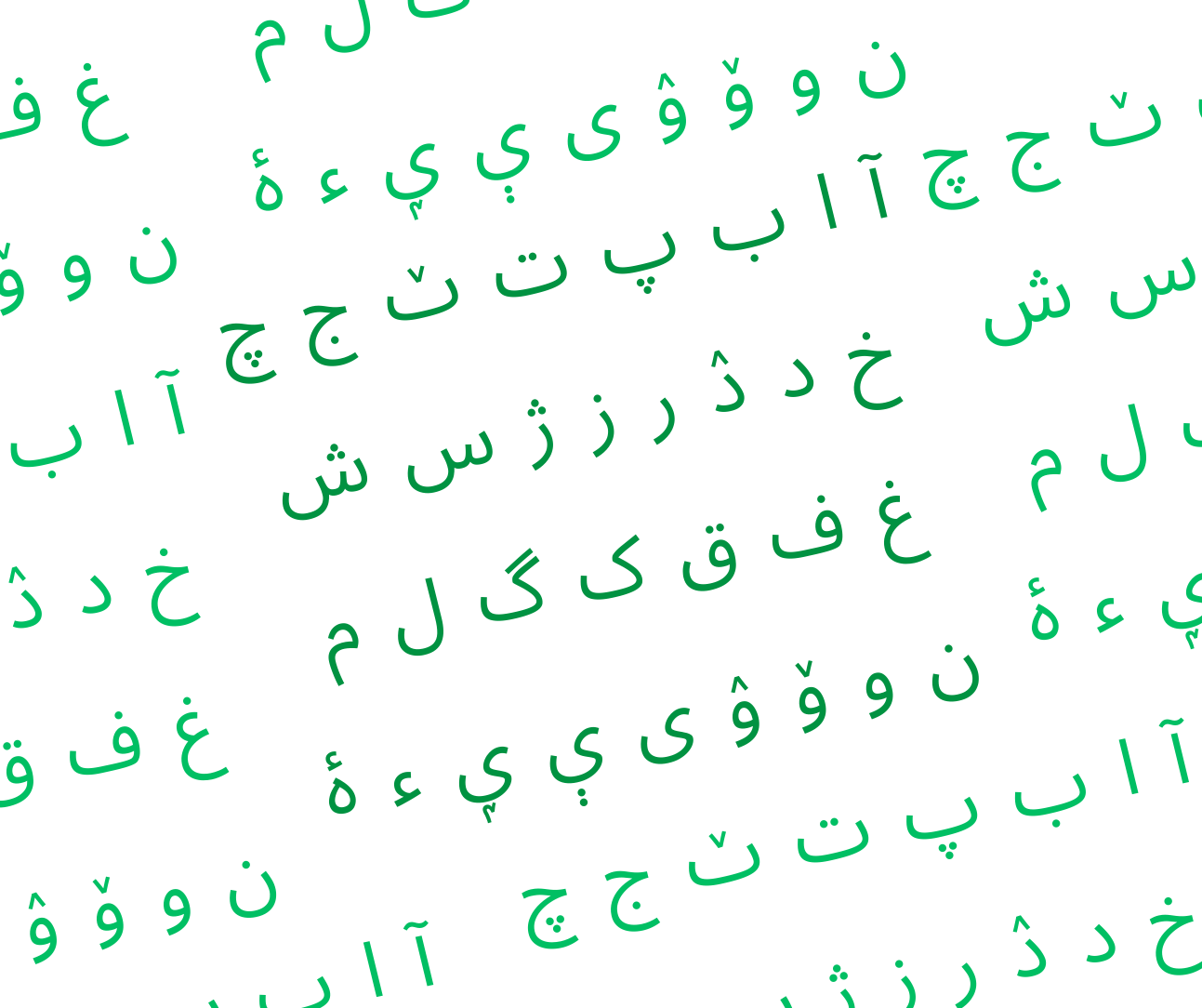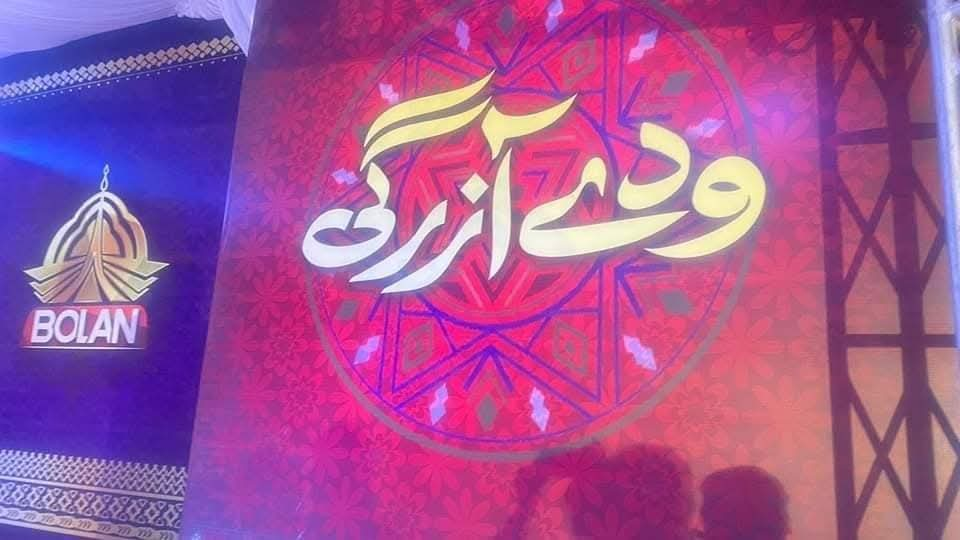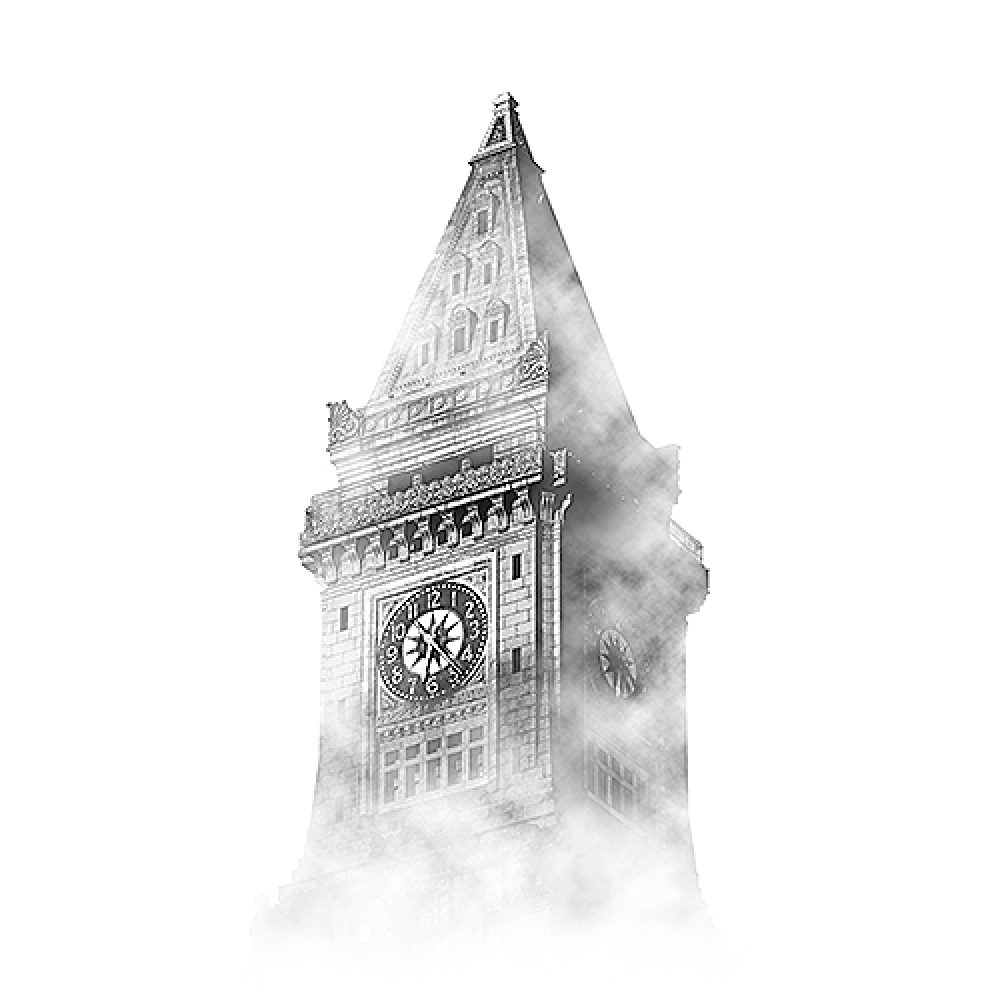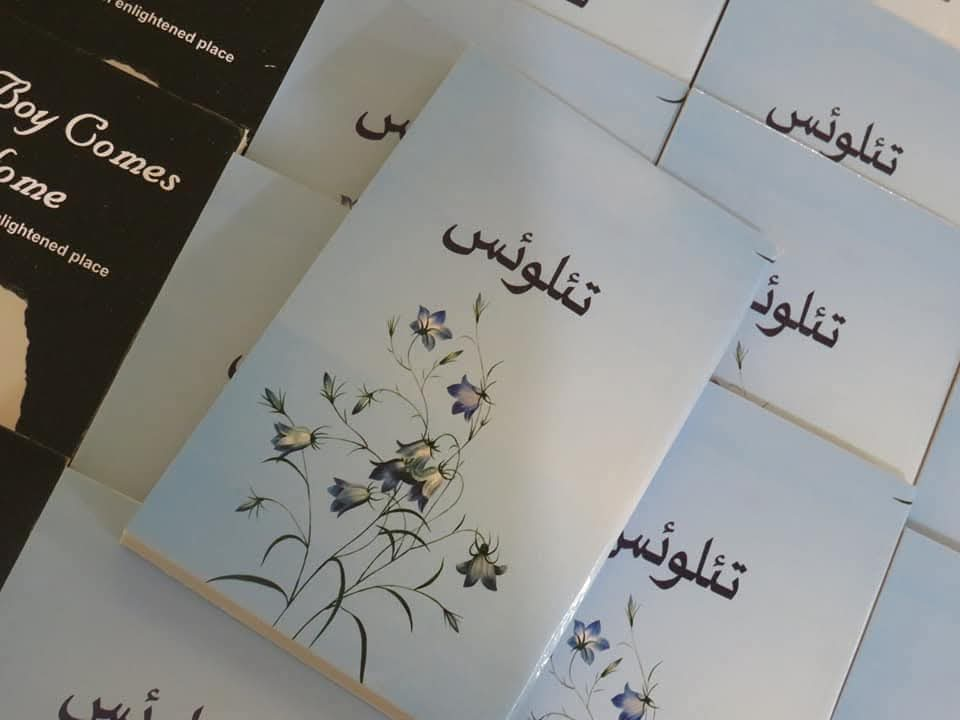Hazaragi Literature – A Timeless Voice of a People
Like other languages of the world, Hazaragi literature began with folk literature. It includes thousands of doheti (two-line verses), tales, and proverbs that have been passed down orally from generation to generation by our elders.
In the present era, systematic efforts have begun to preserve and document this rich literary and cultural heritage left by the ancestors of the Hazara people, and it is now being published in book form.
Alongside this, vigorous work is being done on modern poetry, fictional literature, drama, and film scripts.
In this regard, Keblagh e Azergi holds the distinction of contributing tirelessly to the development and promotion of Hazaragi literature by formally and systematically creating the Hazaragi script and keyboard.


What Is Literature?
Literature is not just ink on paper; it is the echo of human emotion, imagination, and identity. From oral stories to scripted masterpieces, it has always reflected the heartbeat of a nation. Hazaragi literature, too, carries this rich tradition—deeply rooted in the life and struggles of the Hazara people.
Folk Literature – The Soul of Our Ancestors
Roots in Oral Tradition
From centuries past, Hazara elders have passed down doheti (two-line verses), legends, tales, and proverbs. These oral traditions form the foundation of Hazaragi literary heritage. Keblagh e Azergi actively collects, preserves, and documents these cultural gems.

Writing the Present – Modern Hazaragi Literature
Today’s literature reflects a blend of tradition and modernity—embracing poetry, fiction, drama, and even cinema. Keblagh e Azergi has led significant efforts in establishing a Hazaragi keyboard and script to formalize and uplift the language’s literary potential.

Hazaragi Poetry – From Grief to Glory
Poetry is the most beautiful expression of human emotions, feelings, and thoughts, written in specific meters, rhyme, and rhythm.
Sometimes, a poem is an expression of love, and sometimes it is a depiction of sorrow. It can be a ray of hope or a cry of protest.
In other words, poetry reflects the various states of both the individual and society.
In Hazaragi language, poetry is being attempted in various forms, including Dobaiti (two-line verse), Charbaiti (four-line verse), Ghazal, Masnavi, and song


 then 'Add to home screen'
then 'Add to home screen' then 'Add to home screen'
then 'Add to home screen'